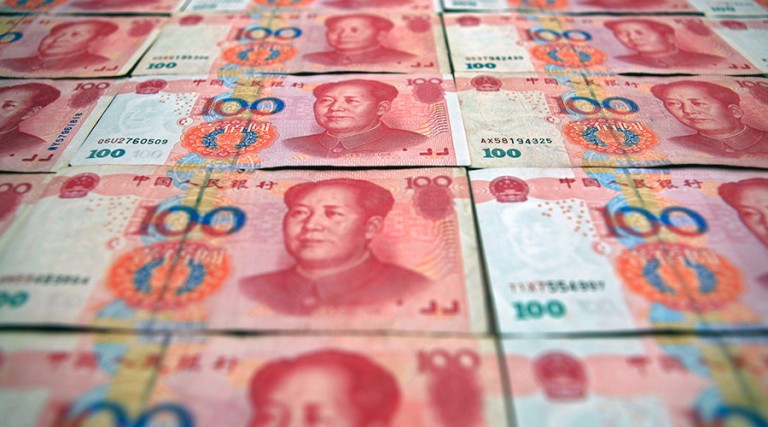
When an economy is not performing as expected, it is natural for foreign investors to pull cash out. China witnessed this last year when $1 trillion of capital exited the country. That is obviously giving some sleepless nights to international investors as to what Chinese President Xi Jinping will do now.
Capital Controls?
One of the options being considered is $10 trillion worth of comprehensive capital controls, though historically these have only caused longer term damage. Reports indicate that some of China’s trading partners were in favor of such an option. Chief among the proponents is Bank of Japan Governor, Haruhiko Kuroda, who urged the country to enforce such policies.
The second biggest economy in the world is getting a number of unsolicited advice from its trading partners and commodity producers around the world. Many of its investors were counting on a smooth transition towards a sustainable economy from a high-speed export economy. Many expected the transition to be anchored by consumer spending and services, but a smooth transition is now in doubt.
Capital Exodus Due to Opportunities Abroad
As China has grown since 1990, its stock market has experienced several major sell-offs that ended up reducing wealth by as much as $1.8 trillion. The current selloff is not even the most extreme, though it could get much worse. There does not appear to be any quick fix to address the issues governing its economy currently.
Given that, there is bound to be capital flight, which is nothing but a reflection of available opportunities in rest of the world. In the modern economy where market forces have the upper hand, that is not necessarily a bad thing. Corporations in China spent around $61 billion last year on foreign acquisitions which are taking them to fresh markets and allowing them to move up the ladder. That’s $61 billion not spent domestically, but investment is still a good thing from a market perspective regardless of its direction. Aside from corporate moves, some individual Chinese were also engaged in transferring money abroad on uncertainty around the Yuan as the threat of dramatic devaluation looms large.




